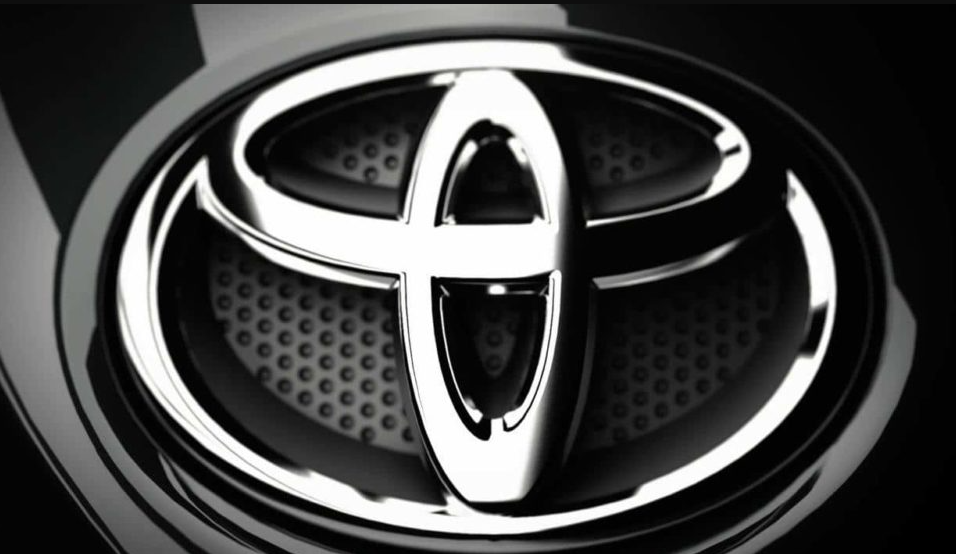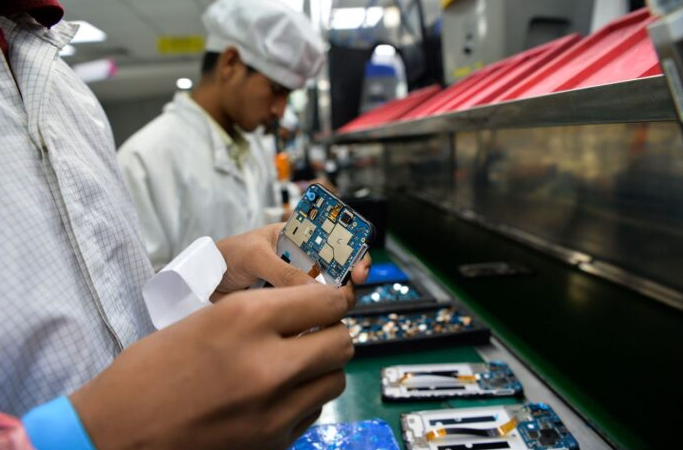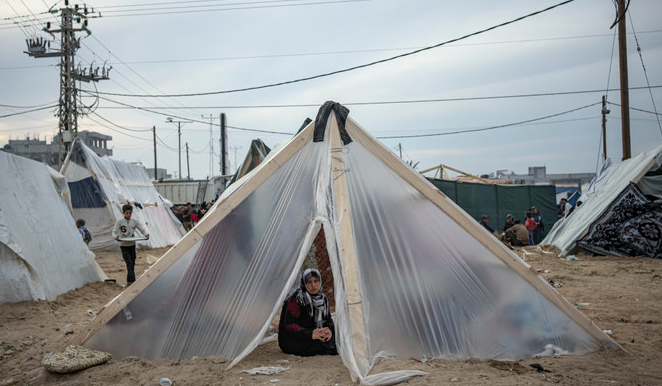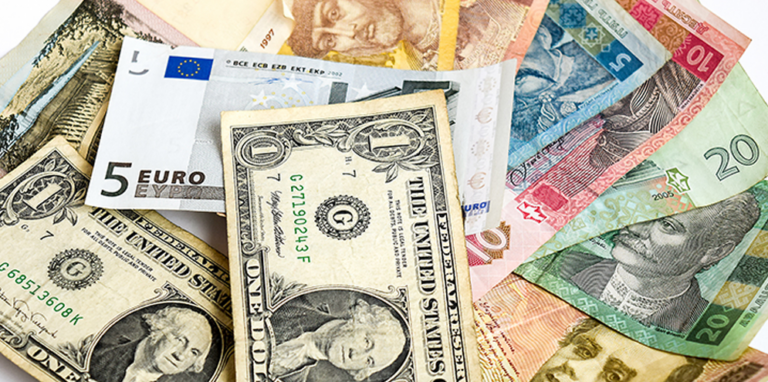Toyota Aims to Capitalize on Improving Economic Landscape in Pakistan
In the face of a recent 50% decline in automobile sales, a high-ranking official from Toyota, the renowned Japanese automaker, remains optimistic about the Pakistani auto market’s future. The official expressed confidence that the market would not only rebound soon but also achieve a remarkable 500,000-unit milestone by 2030.
This positive outlook is fueled by an improvement in Pakistan’s economic indicators, despite the recent challenges in the automotive sector.
According to data from the Pakistan Automotive Manufacturers Association (PAMA) and Topline Securities, auto manufacturers experienced a substantial decrease in sales, with only 7,700 units sold in November – a 60% drop compared to the previous year. Over the first five months of the current fiscal year (July-November), combined sales plummeted by 50%, reaching 33,638 units, down from 67,104 units during the same period last year.
Despite the ongoing sales crisis in the auto industry, there is a prevailing sense of optimism among industry insiders. Statista projects that the passenger-car market in Pakistan will generate revenue exceeding $4 billion in 2023. Ali Asghar Jamali, CEO of Indus Motor Company (IMC), the manufacturer of Toyota vehicles in Pakistan, conveyed this positive sentiment during an exclusive interview with Arab News.
Jamali acknowledged the current challenges faced by the auto industry, noting that it is currently operating at only 30% of its capacity. However, he anticipates a rebound after January 2024, attributing this positive shift to factors such as increased agricultural income, government fiscal measures, and upcoming elections scheduled for February 8.
With hopes of surpassing 350,000-unit annual sales in the next two years and reaching the 500,000-unit milestone by 2030, Jamali emphasized the importance of improving economic indicators. He highlighted that as economic conditions improve, financing costs, particularly high interest rates and inflation, are expected to decrease, leading to a recovery in auto sales.
Despite the prevailing challenges, Toyota has launched its first locally manufactured hybrid electric vehicle (HEV), the Corolla Cross, in Pakistan. This HEV, which boasts over 50% localization in terms of value and a 35% reduction in carbon emissions, is a testament to Toyota’s commitment to the Pakistani market. The company has invested $100 million in Pakistan to introduce this environmentally friendly vehicle.
In a noteworthy development, Master Changan Motors Limited (MCML) exported vehicles worth approximately $250,000 from Pakistan to Kenya this year. Jamali revealed that discussions are underway with the Pakistani Ministry of Industries regarding automotive exports, emphasizing collaboration with the government to enhance export capabilities.
While acknowledging the company’s current minimal exports, Jamali emphasized the need for localization and increased production to boost automotive exports.
He expressed a keen interest in exploring markets in the African region, particularly countries with a demand for right-hand drive vehicles. Jamali underscored that localization is the key to enhancing competitiveness in the global market, suggesting that Pakistan could export basic raw materials such as fabric, leather seats, auto parts, and vehicles with the potential for significant growth in volume.





